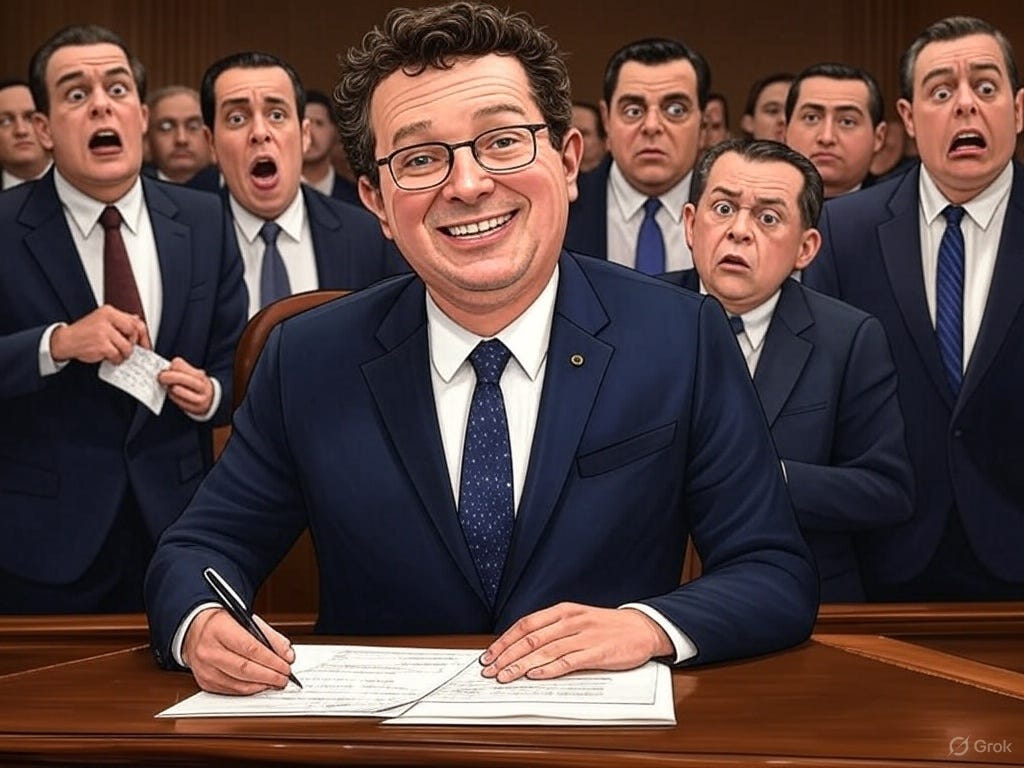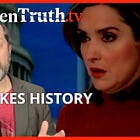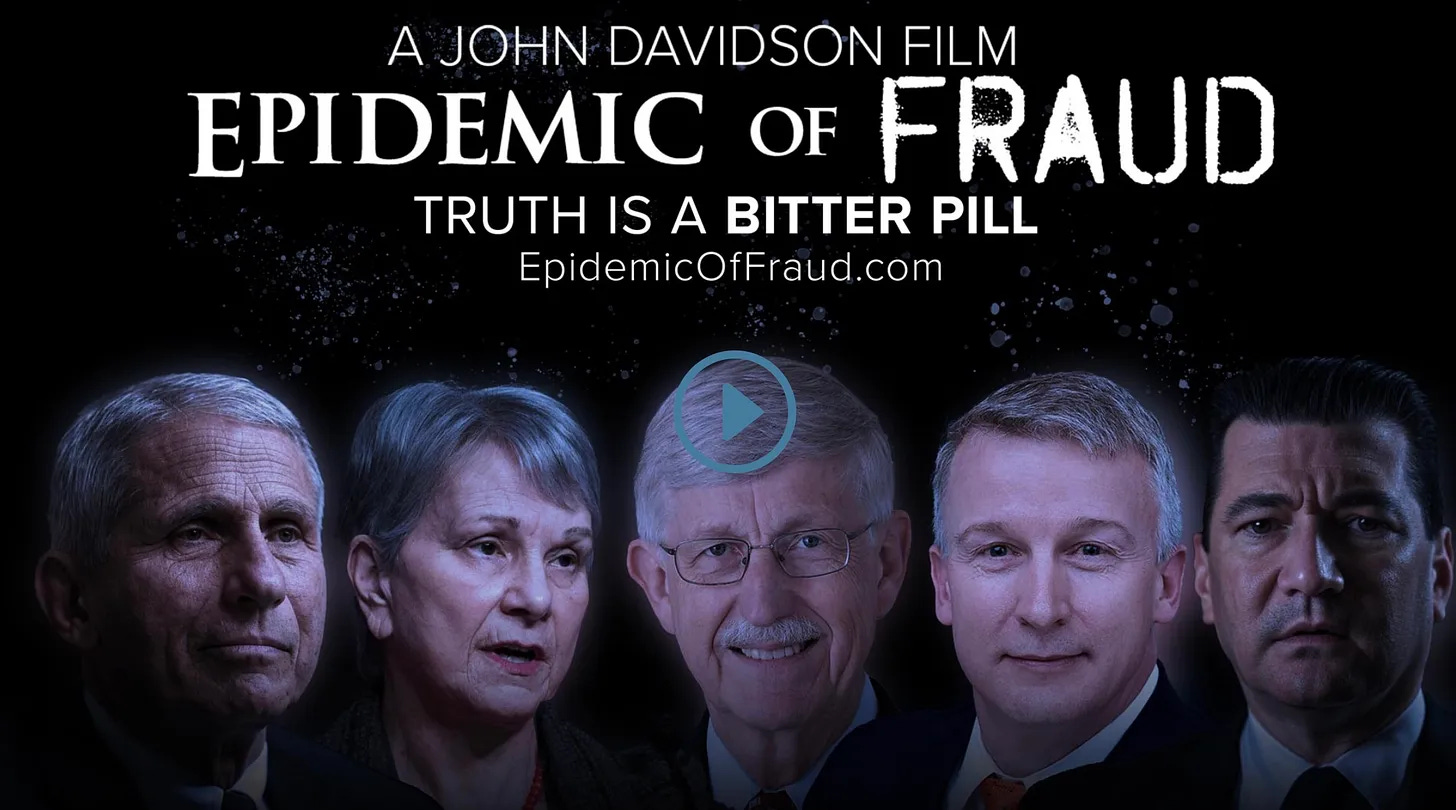Representative Thomas Massie Reintroduces Bill to Abolish the Federal Reserve
Massie’s Bill Targets the Privately Owned Federal Reserve, Born in Secrecy on Jekyll Island, to End Its Role in Inflation and Debt Amid Rising Public Fury and Calls for Accountability.
March 5, 2025 – Washington, D.C. – Representative Thomas Massie (R-KY) has reintroduced H.R. 1846, the "Federal Reserve Board Abolition Act," targeting the Federal Reserve—a private banking institution, not a government agency—for elimination. Announced on March 5, 2025, the legislation aims to dismantle the Federal Reserve System by abolishing its Board of Governors, shuttering its regional banks, and repealing the Federal Reserve Act of 1913, which birthed this enigmatic entity over a century ago. The bill, paired with a Senate companion (S. 869) from Senator Mike Lee (R-UT), reignites debate over an organization long shrouded in controversy, from its secretive origins to its modern-day influence.
The Legislation: H.R. 1846
H.R. 1846 is a bold, succinct proposal. Its core components include:
Abolition Timeline: The Fed’s Board of Governors and 12 regional banks would cease operations one year after enactment, allowing a transition period.
Repeal of the Federal Reserve Act: The 1913 law establishing the Fed would be nullified at the end of that year.
Dissolution Process: The Fed Chairman would oversee the wind-down, managing assets and liabilities with Treasury oversight. The Office of Management and Budget Director would liquidate Fed assets, depositing proceeds into the Treasury’s General Fund, while outstanding liabilities, including employee benefits, shift to the Treasury.
Reporting Requirement: A joint Treasury-OMB report to Congress, due 18 months post-enactment, would detail the process and any unresolved issues.
Available via Massie’s office, the bill builds on his prior effort (H.R. 8421, 118th Congress) and echoes former Representative Ron Paul’s 1999 push to “End the Fed.”
Press Release Highlights
Massie’s press release casts the Federal Reserve as the architect of America’s economic struggles, particularly inflation. “Americans have suffered under crippling inflation, and the Federal Reserve is to blame,” he declared, spotlighting its COVID-era creation of “trillions of dollars out of thin air” to fund Treasury deficit spending. This “monetization of debt,” he argued, devalued the dollar, hitting retirees hardest while enriching “the wealthy and connected.”
He described the Fed’s operations as a “closely coordinated effort” with the Treasury, Congress, Big Banks, and Wall Street—a private entity wielding public power. “If we really want to reduce inflation, the most effective policy is to end the Federal Reserve,” Massie asserted.
Senator Lee concurred, calling the Fed an “economic manipulator” that has failed its dual mandate of price stability and full employment. “We need to end the monetization of federal debt that fuels unchecked spending and put American money on solid ground,” he said. Co-sponsors include Representatives Andy Biggs (R-AZ), Lauren Boebert (R-CO), and others, signaling robust conservative backing.
The Fed’s Murky Origins: A Tale of Secrecy and Suspicion
The Federal Reserve’s creation in 1913 is a story steeped in oddities and intrigue. Unlike a government institution, the Fed is a hybrid: its 12 regional banks are privately owned by member banks—think JPMorgan Chase and Goldman Sachs—yet it exercises quasi-public authority over monetary policy. Its genesis traces to a clandestine 1910 meeting on Jekyll Island, Georgia, where a handful of bankers and politicians, including Senator Nelson Aldrich and representatives from J.P. Morgan, drafted a plan for a central bank. Conducted under the guise of a duck-hunting trip, attendees used pseudonyms to evade public scrutiny, fearing backlash against a perceived “bankers’ cartel.”
The resulting Federal Reserve Act, pushed through Congress on December 23, 1913—days before Christmas when many lawmakers were absent—passed with limited debate. Critics, then and now, argue it handed monetary control to private interests under a thin veneer of public oversight. The Fed’s Board of Governors is appointed by the president, but its regional banks answer to their private shareholders, a structure some liken to “the fox guarding the henhouse.” This peculiar birth has fueled conspiracy theories and distrust, with figures like Henry Ford later warning, “It is well enough that people of the nation do not understand our banking and monetary system, for if they did, I believe there would be a revolution before tomorrow morning.”
Public Outcry Against the Fed
Massie’s bill rides a wave of public frustration with this private behemoth. On X, users vent daily, with posts like “The Fed isn’t federal—it’s a private club robbing us blind” reflecting widespread sentiment. A 2022 Gallup poll pegged public trust in the Fed at 36%, a steep drop from 50% a decade prior, driven by post-COVID inflation peaking at 9.1% in June 2022. Families reeling from soaring costs have revived “End the Fed” rallies, echoing Ron Paul’s grassroots legacy, and decry an unelected entity dictating their financial fate.
Conflicts of Interest Within the Fed
The Fed’s private-public duality breeds accusations of conflicts. Its regional presidents, selected by boards often dominated by banking insiders, oversee policies that can benefit their former or future employers. In 2021, Dallas Fed President Robert Kaplan and Boston’s Eric Rosengren resigned after trading stocks during Fed market interventions—legal but widely seen as self-serving. A 2019 ProPublica report exposed Fed officials’ post-tenure leaps to high-paying Wall Street gigs, reinforcing perceptions of a revolving door. Critics argue this coziness explains the Fed’s $4 trillion COVID-era balance sheet expansion, which propped up markets—and the wealthy—while leaving Main Street to grapple with inflation.
Why Abolish the Federal Reserve?
Advocates for H.R. 1846 offer compelling reasons to dismantle this private institution:
Inflation and Currency Devaluation: The Fed’s money creation—evidenced by a 40% M2 surge from 2020-2022—erodes the dollar, which has lost over 96% of its value since 1913, per critics.
Unaccountable Power: A private entity with public clout, the Fed operates beyond voter reach, setting rates and printing money without direct oversight.
Enabling Deficit Spending: By buying Treasury bonds, it funds Congress’s $34 trillion debt, shielding lawmakers from fiscal accountability.
Economic Inequality: Low rates and asset purchases inflate stocks and real estate, with the top 1% now holding 30% of U.S. wealth (2023 Fed data), widening the gap.
Historical Precedent: Pre-1913, America thrived without a central bank, using gold-backed money that curbed inflation, abolitionists argue.
Historical Context and Broader Agenda
Rooted in Ron Paul’s 1999 bill, Massie’s effort pairs with H.R. 24, the "Federal Reserve Transparency Act of 2025," to audit the Fed—another Paul legacy. Together, they challenge a system critics view as an elitist relic.
Implications and Challenges
If passed, H.R. 1846 would upend a century of monetary policy, shifting control from a private entity to an uncertain alternative—perhaps a gold standard or congressional oversight. Supporters see stability; detractors warn of chaos, citing the Fed’s role in crises like 2008 and COVID. Its path through Congress remains daunting, likely a symbolic salvo more than a near-term victory.
Availability
H.R. 1846’s text is online via Massie’s site or soon on Congress.gov (119th Congress). Contact his office at massie.press@mail.house.gov or 202-225-3465.
With its shadowy origins and modern controversies under fire, the Federal Reserve faces a reckoning—whether through abolition or reform, Massie’s move ensures it stays in the spotlight.
An updated cut of our award-winning documentary “Epidemic of Fraud” was recently released. Learn how the people who helped bring fentanyl to the market tried to convince the American people that a drug similar to tonic water was deadly. With new updates, statistics, and retractions sprinkled throughout, it’s a movie anyone concerned with medicine, media, and public policy should see.
Watch now.






About time that the Rockefellers and Rothschilds get a well deserved kick in their globalists behinds.
Fed members were caught front running stock market but no prosecution.